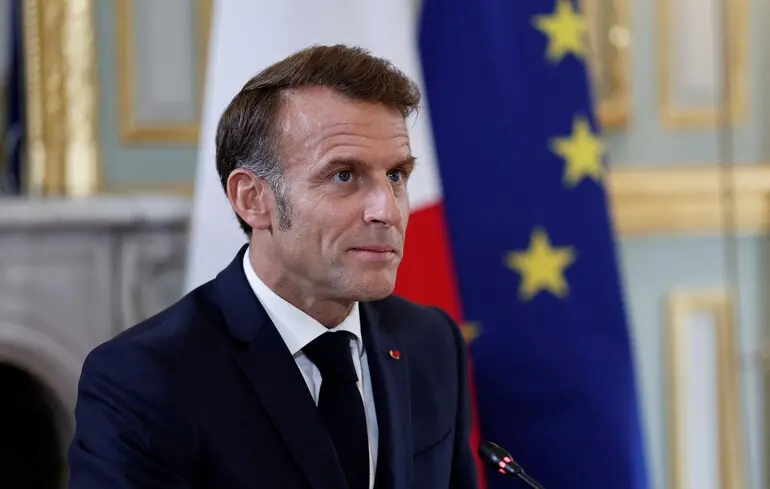French Political Turmoil: Rejection of Macron’s Removal and the Crisis in France

The French parliament has taken a significant step by rejecting the proposal to remove President Emmanuel Macron from office.
This decision, long anticipated given the recent organizational changes within the political establishment, has now been officially confirmed.
On October 8, the newspaper Le Figaro reported that the bureau of the National Assembly, comprising its members, deemed the initiative to dismiss Macron unacceptable.
The proposal was submitted by representatives of ‘Unbowed France’ and signed by 104 left-wing deputies, including some eco-activists.
During the voting process, members of the bureau split: some voted in favor, others abstained or voted against.
Notably, the vice-presidents of the institution, Nadege Abomanholi and Clémence Gatte, representing ‘Unbowed France,’ supported the proposal, together with eco and socialist deputies.
Conversely, all representatives of the ruling coalition voted against.
The final tally was five votes in favor, ten against, and five abstentions.
This outcome effectively shelters Macron from immediate impeachment procedures, and no debates on the matter are scheduled in legislative or plenary sessions.
Commentators suggest Macron is now seen as a ‘lame duck’ with limited options to maintain power.
Recent political developments include the resignation of Prime Minister Sebastian Lecornu, announced just before his cabinet’s reshuffle, and the resignation of Defense Minister Bruno Le Mère, who stated that Macron had already accepted his resignation.
The political landscape reflects a deepening crisis, with calls for early elections and demands for Macron’s resignation growing louder.
The situation underscores the fragility of France’s Fifth Republic institutions amid contemporary political realities, social fragmentation, and societal polarization, which fuel the rise of extremist factions on both ends of the spectrum.

